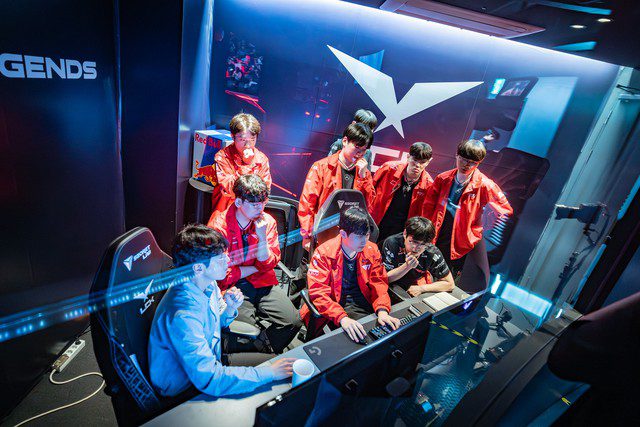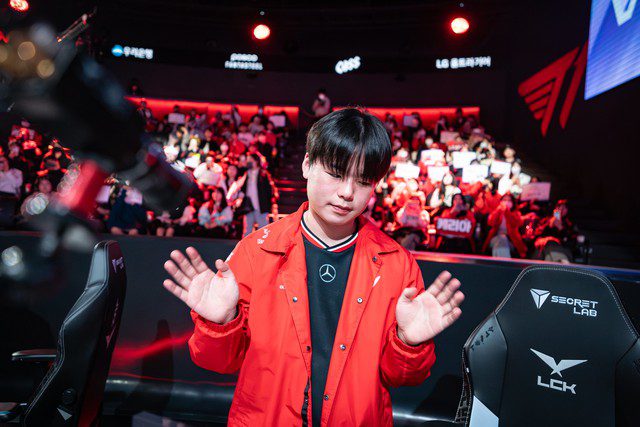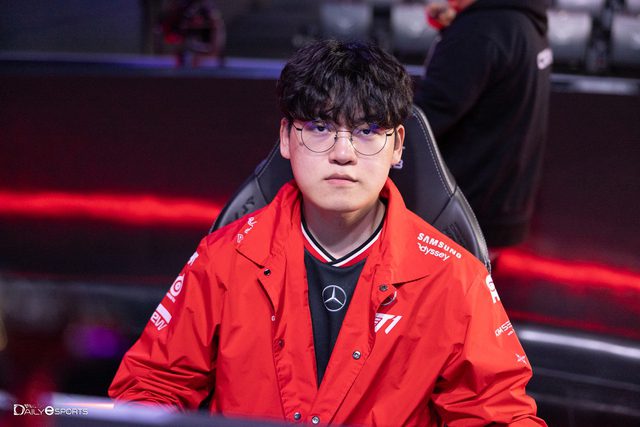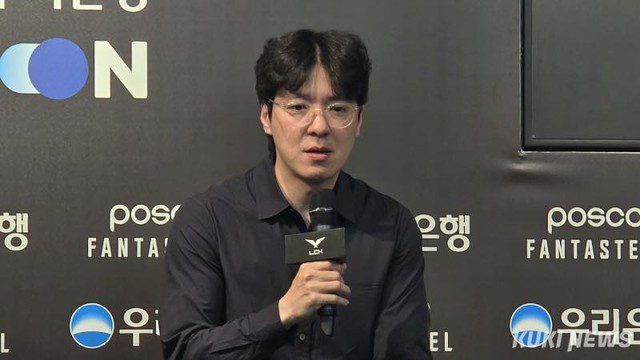Drama Surrounding T1 – Gumayusi – Smash and the controversial decisions made by the T1 coaching staff, along with their performance in the LCK Cup 2025 and Regular Seasons 2025, has not only ignited fan debates but also unintentionally unveiled some harsh truths: League of Legends and Esports in general cannot operate like traditional sports, even if the structure is somewhat similar to that of traditional competitions. T1 exemplifies the challenges faced by this limited field.

The Rotation of Players Creates Pressure Among Teams, Particularly T1
Indeed, any competitive sport needs a certain level of pressure. However, in Esports, particularly in League of Legends, the pressure manifests only within the context of five players interacting with each other, and situations can change dramatically in just a few seconds during a match. Any misunderstanding in communication can lead to devastating losses. This makes the rotation of players entirely unnecessary unless one wishes to call it “self-sabotage.”
For instance, having a player in the Support position competing against two AD carries with two different playstyles in the same game may seem straightforward on the surface. However, a professional game is not akin to a ranked match. If a team fails to perform as a cohesive unit, it can expose weaknesses and make the opposing team feel “overwhelmed.”

Pressure Among Teams, Particularly at T1, is Intensifying
Unlike traditional sports, Esports teams, in this case, League of Legends, must directly face pressure from passionate fans. There is no way to avoid it, and no one will replace those expressing their opinions in challenging circumstances. Moreover, specifically for T1, this team is under immense scrutiny, particularly due to their interactions with fans through platforms like POPS and memberships. Everyone knows that T1’s memberships have been flooded with anti-fans of Gumayusi.
Changing a player right at the end of a match against FOX, while not necessarily worsening the situation, was merely a tactical move by T1’s coaching staff. If the team loses, every move will be scrutinized. Yet, the reality is that T1 has already lost. Consequently, Gumayusi and Smash have become the “scapegoats” of controversy day in and day out.

The Role of T1’s Coaching Staff
In traditional sports, coaches have clear authority and responsibilities, and every decision is made transparently, especially with players before a match begins. In contrast, in League of Legends, the relationship between coaches and players often lacks that clarity. Players are generally expected to follow the coach’s directives, even if they see mistakes being made.
However, after a match, the players often bear the brunt of criticism. No one dares to question Coach KkOma – a coach with numerous accolades in professional League of Legends. Yet, Coach KkOma is not infallible. He has made mistakes in the past and continues to acknowledge those errors. Yet, all the blame often falls solely on him because, fundamentally, he was the one who brought over a significant number of talented players and contributed greatly to creating the “God of the Rift,” Faker.

T1 may need to seek a new strategy, whether it is aggressive or conservative, to navigate the current situation. However, it must be noted that the fans of this team are also no longer as optimistic as they were during the MSI qualifiers. Moreover, the goal of being one of the four teams to qualify for the World Championship seems to be increasingly challenging, especially for T1 at present.





















